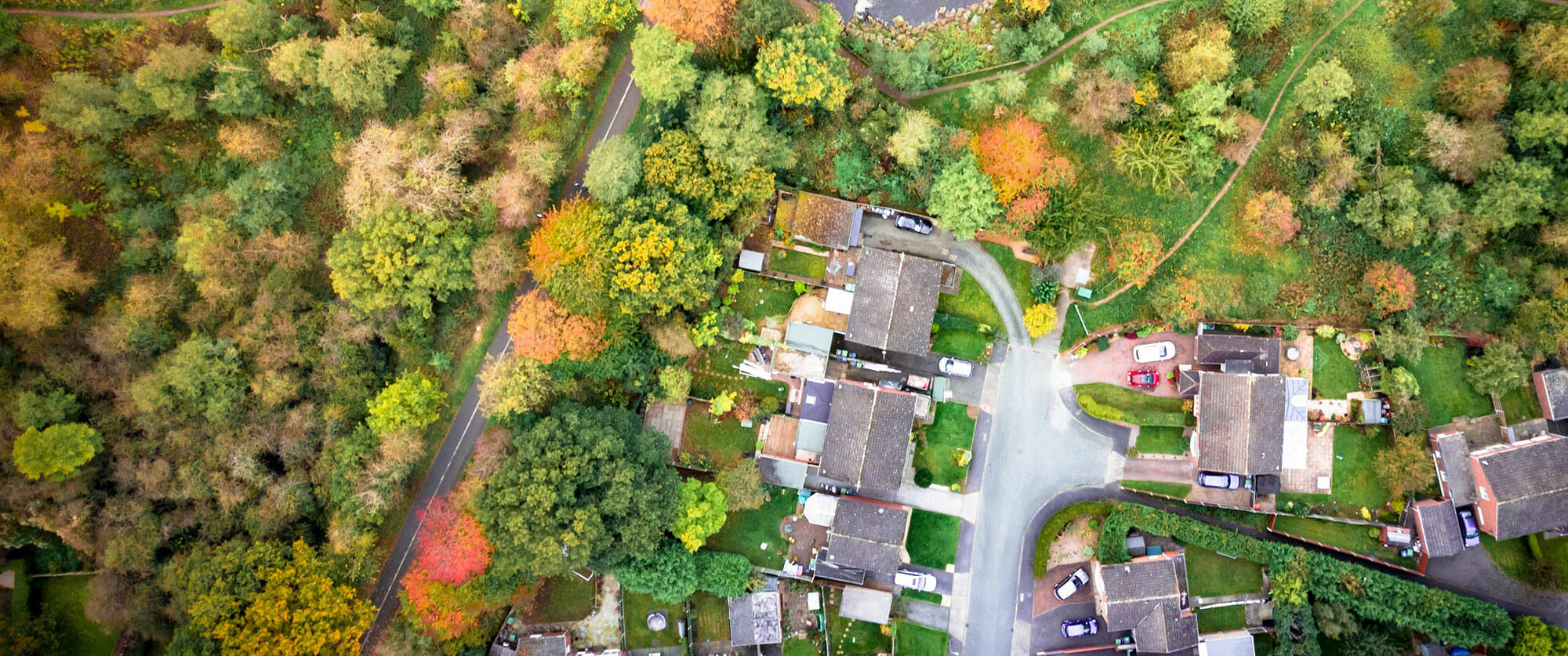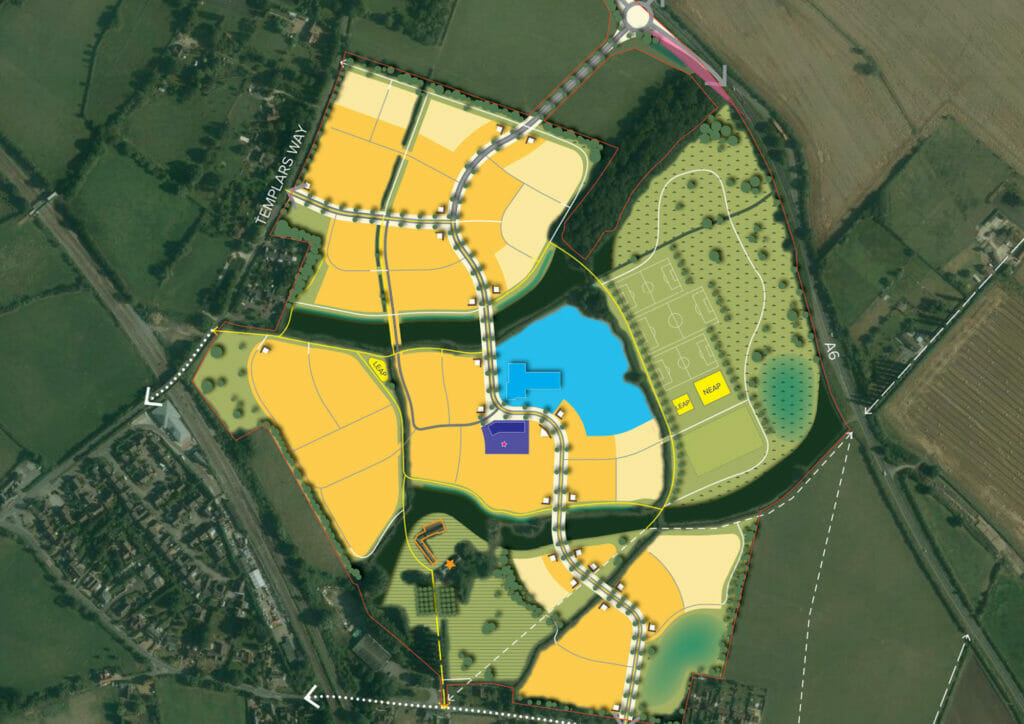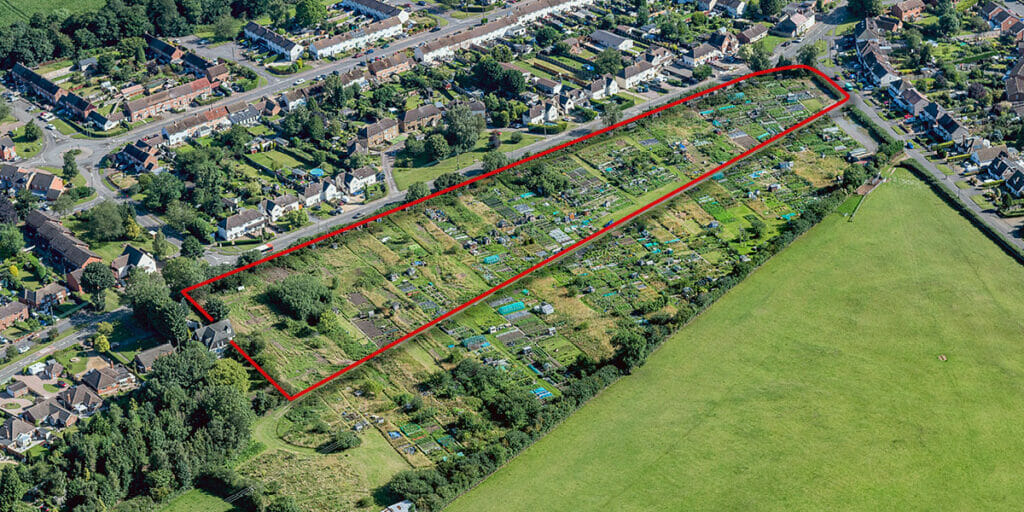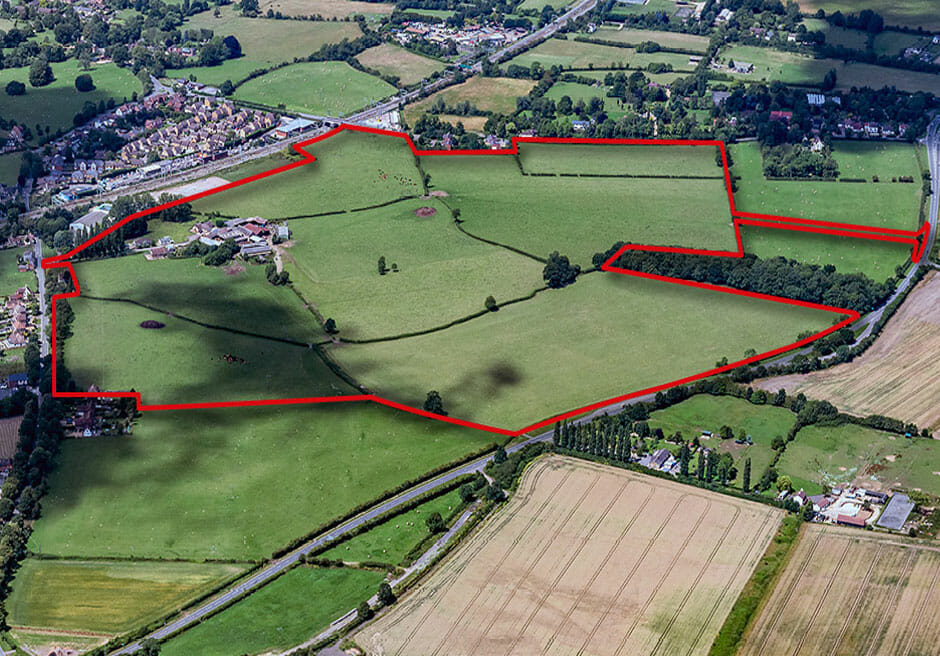
More than 2 years since discussions, deliberations and debate arose around the Environment Act, the Bill was returned from the House of Lords and received Royal Assent on 10th November. Thus, making the Environment Act 2021 law in the UK. Green groups across the country have expressed their joy with this news, with many marking this occasion as a ‘milestone’ in the UK’s journey to improving the environment for our future generations and contributing to a greener approach.

The new act arrived just in time for the ‘Environment Day’ discussions at the COP 26 conference held in Glasgow. The Government have stated within their own press release, this act will work to improve air and water quality, tackle waste, increase recycling, help to halt the decline of species, and to improve our natural environment. At Rosconn Strategic Land we are taking a look at what the Act will put in place and how this will affect planning and development moving forward.
What will change as a result of the Environment Act 2021?
Since this is the first environment bill to be passed in the UK after 26 years, we are expecting to see major changes within the industry. The act will provide for the following:
A 10% biodiversity net gain requirement for all new developments. On sites where these biodiversity gains are secured, they will have to be managed for at least 30 years. With a “biodiversity gain site register” being implemented for each site, where this must be maintained for at least 30 years.
Introduce new Local Natural Recovery Strategies (LNRS) – a system of spatial strategies for nature, which will eventually cover the whole of England.
A new legally binding target on species abundance for 2030, which will help to reverse declines of iconic British species like the hedgehog, red squirrel, and water vole.
Implement a duty upon Local Authorities to consult on street tree felling.
The act will work to strengthen woodland protection enforcement measures.
Protected Site Strategies and Species Conservation Strategies to support the design and delivery of strategic approaches to deliver better outcomes for nature.
Enforce the prohibition of larger UK businesses from using commodities associated with wide-scale deforestation.
Before the Bill was passed, there was much controversy surrounding areas of this new Environment Act, particularly when reviewing sewage pollution in England’s rivers. During the final stages of the Bill, MPs actually voted against implementing measure to end sewage pollution in these rivers. As a result, this will now require a secondary legislation to implement the provisions this had originally suggested. The discussion and debate around this concern had actually led to wide scale campaigning from up and down the country.

Biodiversity Net Gain
Since a 10% biodiversity net gain is now required on all new developments, planners and developers must now incorporate this into planning proposals for new development sites. This means that local planning authorities will be unable to grant planning permission to new sites unless they can be sure measures are secure and in place for this net gain to be achieved. As land promoters, this will become an important part of our review process for any new project we take on at Rosconn Strategic Land.












